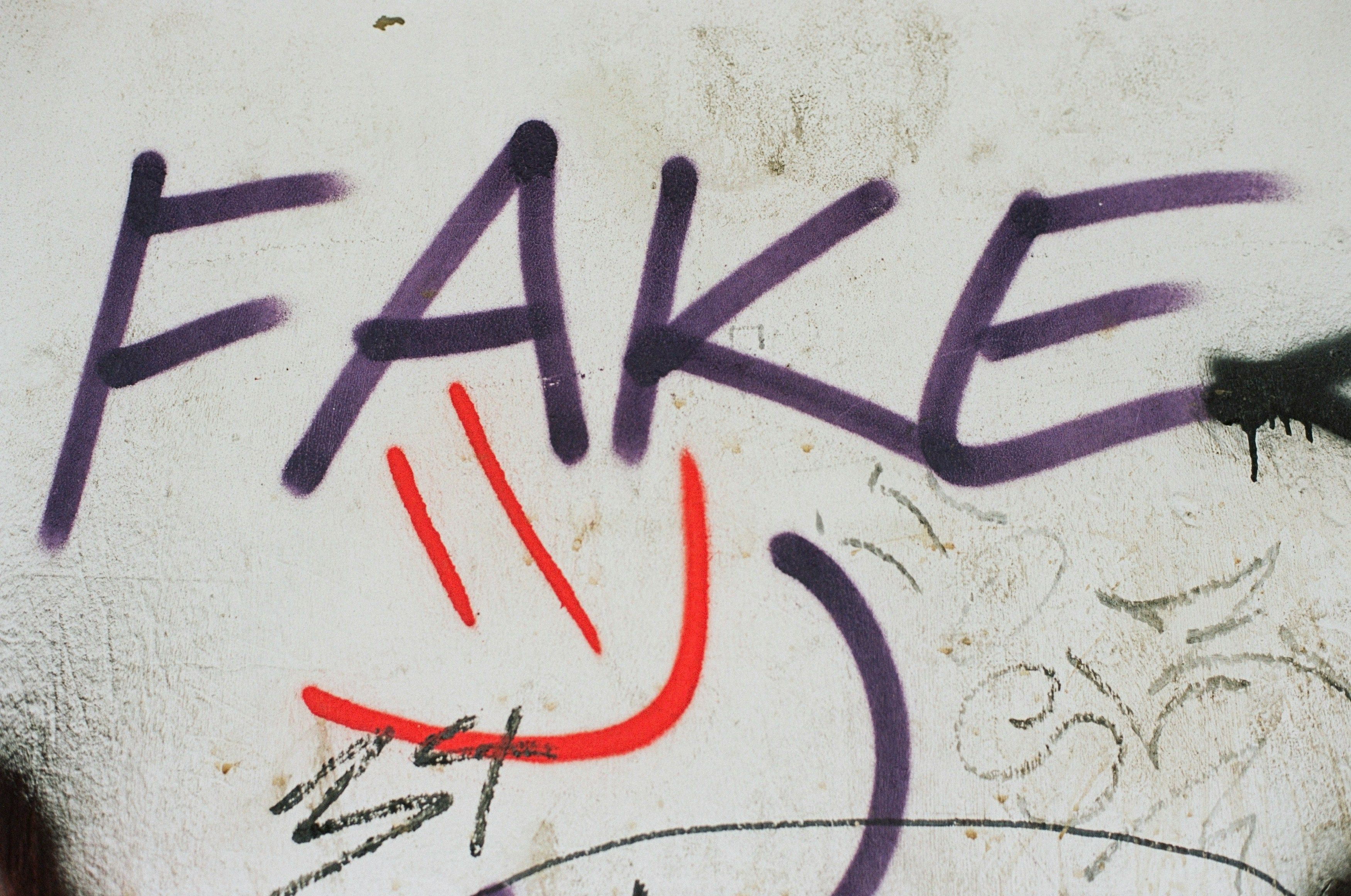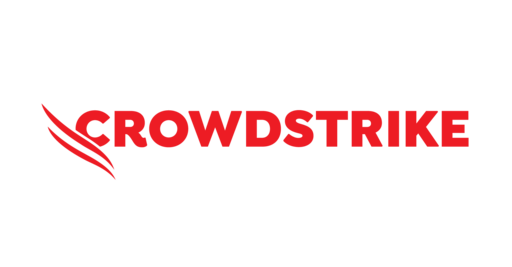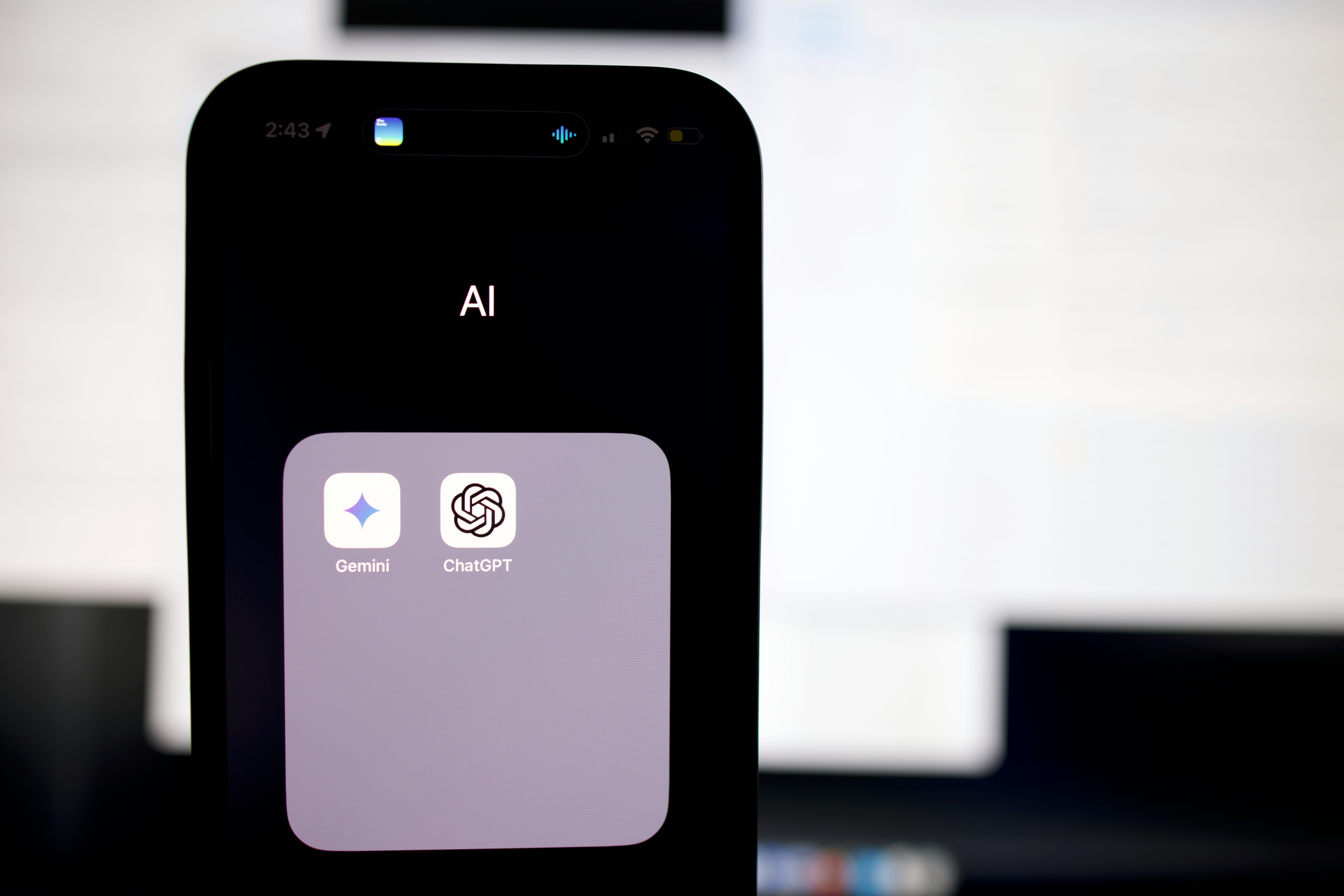Tavus: AI Video Personalization and the Looming Deepfake Shadow
Envision a world where sales representatives can provide personalized video messages to each and every single lead, addressing them by name and catering to their particular needs. This isn't science fiction – it's the future Tavus, a generative AI startup, is actively building.
Tavus allows companies to form computerized replicas of people. These replicas can at that point be utilized to automatically create personalized recordings at scale. This may revolutionize the way businesses interact with clients, creating a new and modern level of engagement and personalization that was previously incomprehensible.
Tavus' Competitors within the AI Video Personalization Field
Whereas Tavus is making a splash with its focus on personalized video creation through digital replicas, the AI video space is becoming increasingly swarmed. Here's a closer insight at a few of Tavus' key competitors, delving deeper into their qualities and how they might pose challenges:
OpenAI's Sora
Sora as mentioned by Quantum Tech blog writer, Eddie, is a text-to-video model that allows clients to make short recordings from straightforward content descriptions. While it doesn't directly and specifically compete with Tavus' focus on personalization, it offers a capable alternative for anybody looking to create imaginative video substance rapidly and effortlessly. Here's where things get interesting:
imagine a future where Sora and Tavus technologies are combined. A client may use Sora to make a captivating video script, then utilize Tavus to personalize it with a digital replica for the maximum and greatest impact.
Tech Giants
Google & other big players like Google aren't sitting on the sidelines. They're investing intensely in creating their own AI video innovations. Google, for example, has been working on comparative video generation instruments for several years. The advantage tech giants have is their vast assets. They can throw significant manpower and funding at research and improvement, possibly outpacing smaller emerging startups and businesses like Tavus in terms of development and growth. Furthermore, their existing client base gives them a built-in advantage for adoption. Imagine a world where Google integrates AI video creation directly into YouTube, permitting creators to personalize their content with ease. This may altogether impact Tavus' market share.

Beyond the Big Names
Whereas OpenAI and the tech giants are the most notable competitors, it's critical to recognize the presence of other new businesses and investigate labs working on AI video personalization. These players may not have the same level of resources, but they bring new thoughts and approaches to the table. They may possibly disturb the space with innovative solutions that cater to particular niches.
The Competitive Scene
For Tavus to thrive in this competitive environment, it needs a clear strategic focus. Here are some potential techniques:
Maintaining a Focus on Personalization - Whereas Sora and the tech giants might offer more common video creation instruments, Tavus can set its specialty by getting to be the go-to platform for personalized video experiences. They can accomplish this by ceaselessly refining their advanced replica technology and creating highlights particularly custom-made to personalized video marketing and communication.

Building a Solid Developer Environment - Opening up their platform with APIs, as they're currently doing could be a savvy move. This allows other engineers to integrate Tavus' innovation into their applications, growing its reach and cultivating development.
Collaboration over Competition - The AI video space is still advancing. There's potential for collaboration between players like Tavus, OpenAI, and even the tech giants. By working together, they might quicken advancement and make more vigorous and ethical AI video personalization solutions.
Tavus faces competition from different players, each with their own claim in their qualities. By centering on its specialty, building a solid engineer environment and possibly investigating collaboration, Tavus can carve out a successful path within the ever-evolving world of AI video personalization.
The $18 Million Springboard
Tavus' $18 million Series A funding round is a noteworthy vote of confidence from investors who believe in the potential of AI video personalization. This monetary boost will act as a springboard or propellor, moving Tavus forward on a few key fronts:
Supercharging R&D
A significant portion of the financing will likely be coordinated towards research and development (R&D). This will allow Tavus to:
Refine the Phoenix Model
The center of Tavus' innovation lies in the Phoenix model, capable of generating realistic talking head recordings. With more resources, Tavus can further refine this model, improving aspects like facial expressions, lip syncing precision and by and large video fidelity. This will lead to even more convincing and engaging personalized video recordings.
Investigating New Avenues
Past refining existing models, Tavus can dig into investigating completely new avenues of AI video personalization. This may include research into areas like:
-Creating realistic body movements and motions alongside facial expressions.
-Making AI-powered voice acting and dubbing functionalities.
-Creating personalization features that go past basic content prompts, potentially incorporating sentiment analysis or audience information to tailor video content.
Building a Developer Playground
The funding will likely be utilized to further develop the Tavus developer platform as mentioned previously. This platform permits third-party developers to integrate Tavus' innovation into their own applications. Here's how this extension may benefit Tavus:

A Wider Net
By making it simpler for developers to integrate Tavus' functionalities, the platform opens the entryway to a wider extent of potential applications. Picture a video altering computer program that seamlessly integrates Tavus' personalization features or a client service platform that allows businesses to make personalized explainer recordings on the fly. These integrations would altogether extend the reach and impact of Tavus' technology.
Innovation by Affiliation
A vigorous designer ecosystem fosters innovation. By providing engineers with the devices and assets to build upon Tavus' innovation, the company can open a wave of inventive new applications. This may lead to unanticipated use cases and arrangements that Tavus itself might not have imagined.
Scaling the Sales and Marketing Machine
The financing will moreover be vital for scaling Tavus' sales and promoting endeavors. Here's how this plays out:
Reaching New Customers
With a bigger marketing budget, Tavus can reach out to a wider audience of potential clients. This may include targeted promoting campaigns, industry conferences and educational webinars. By viably communicating the potential of AI video personalization, Tavus can attract modern clients over different sectors.
Educating the Market
AI video personalization may be a generally modern innovation. Numerous businesses might not be aware of its potential or how it can be implemented. Tavus can utilize the funding to form educational resources, such as white papers, case studies and free trials, to offer assistance to potential clients to understand the benefits of this technology.
The Multiplier Impact
The beauty of this funding lies within the potential for a multiplier effect. By investing in R&D, Tavus refines its innovation, pulling in more developers and clients. This, in turn, powers further development and market extension. With a clear vision and strategic execution, Tavus can use this $18 million to cement its position as a pioneer within the AI video personalization insurgency.
Can Tavus Dodge the Deepfake Abyss?
One of the greatest concerns encompassing AI video personalization is the potential for misuse. Deepfakes, AI-generated recordings that can be used to make someone appear to say or do something they never did, posture a serious danger. Tavus claims to have safeguards in place, including voice identification and consent verification. Be that as it may, the moral contemplations encompassing this technology stay a approaching concern. Here are a few potential inadequacies Tavus may confront:

Security vulnerabilities
In the event that bad actors manage to bypass Tavus' safeguards, the results may well be extreme. Malicious use of deepfakes may damage reputations, spread deception or indeed impact decisions.
Security concerns
The idea of making a digital replica of yourself raises privacy questions. Clients may be uncomfortable with the thought of their resemblance being used in this way, particularly on the off chance that they don't fully understand how the information is collected and stored.
Constrained client base
Not everybody is comfortable being on camera, and the 15-minute video recording prerequisite to make a replica may be an obstruction for a few clients.
A Future Painted with AI-Generated Recordings
In spite of these challenges, the potential of AI video personalization is evident. Tavus is at the cutting edge of this insurgency and with their recent financing, they're well-positioned to be a major player. In any case, it's vital to ensure that this technology is created and utilized mindfully. Open discussions around the moral implications and vigorous safeguards against misuse will be vital as AI video personalization proceeds to advance.
With this blog post, I intend to provide a more broad examination of Tavus, joining the subtopics you gave and tending to the potential deficiencies of the technology. By giving a balanced view of Tavus' potential and the challenges it faces, this blog points to start a discussion about the approximately long haul of AI video personalization.







